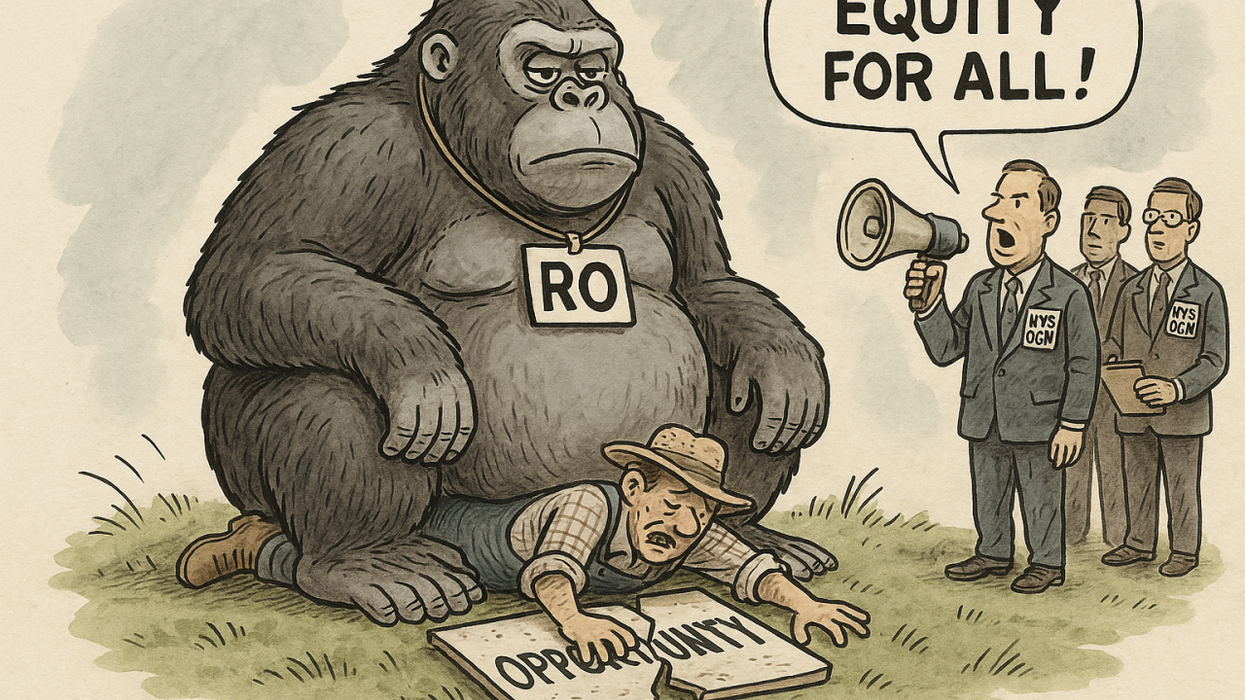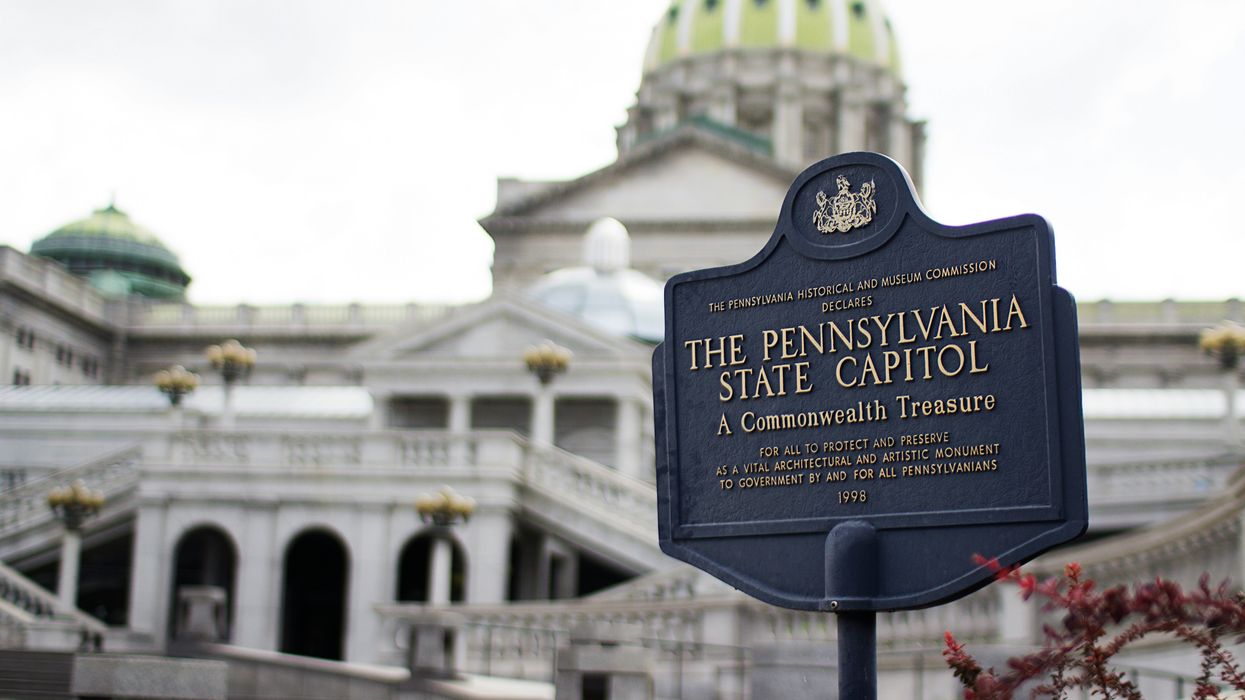When California-based Gold Flora entered the legal cannabis scene, the company was poised to dominate. Backed by serious money and a sprawling, vertically integrated operation—from a 100,000-square-foot cultivation campus in the desert to marquee dispensaries in West Hollywood and San Jose—Gold Flora wasn't just riding the green wave. It was supposed to be the wave.
But by the end of March 2025, the company had filed for receivership, its assets now headed to auction. And while headlines cite "merger woes" and "market conditions," the real culprit behind Gold Flora’s collapse is far more systemic: a regulatory stranglehold that has quietly choked the life out of California’s once-promising cannabis economy.
And California isn't alone. From Colorado to Massachusetts, Michigan to New Jersey, the same pattern is playing out—an industry that was supposed to represent a generational economic boom is buckling under the weight of its own rules.
Legal Cannabis: A Cautionary Tale from the Golden State
Gold Flora’s story reads like a textbook example of how not to build a sustainable cannabis market. Despite $100 million in annual revenue, the company couldn’t outpace its liabilities. Many of those stemmed from its 2023 merger with Jay-Z-backed TPCO—a deal that looked good on paper but brought legal baggage and bloated overhead for the cannabis business.
But let’s be clear: Gold Flora’s real downfall wasn’t bad business. It was bad policy.
California has burdened its legal operators with sky-high taxes, Byzantine licensing processes, and patchwork enforcement that gives illegal players a competitive edge. Cannabis companies, particularly multistate operators, are selective in choosing their operational states due to these macroeconomic challenges. Operators like Gold Flora are expected to run professional, compliant, multimillion-dollar operations—yet they pay a premium for the privilege, all while watching untaxed, unregulated competition thrive. The Department of Cannabis Control's strict regulations and high costs can drive entrepreneurs towards the illegal market.
The state’s refusal to offer any real financial relief, coupled with the federal government’s continued classification of cannabis as a Schedule I drug (which bars companies from bankruptcy protection), makes the situation even more dire. The legal market in California continues to struggle with high taxes and regulatory burdens, despite significant strides since legalization. A court-appointed receiver will now attempt to recoup what they can by liquidating Gold Flora’s assets.

The Dominoes Are Falling Nationwide as Federal Prohibition Ends
The same structural failings are rippling through other legal cannabis markets. The evolving landscape of the adult use cannabis market highlights the importance of regulations and business strategies in various states that have legalized or are considering legalization.
In Colorado, one of the first states to legalize recreational marijuana, wholesale prices have tanked amid oversupply and fierce competition. Cannabis businesses are closing shop at alarming rates, not because demand has waned, but because the math no longer works.
Massachusetts has become infamous for its bureaucratic bottlenecks and licensing delays, particularly impacting smaller and BIPOC-led businesses that were supposed to benefit from the state’s social equity promises. Instead, many are stuck in limbo—burning cash without the ability to operate.
Michigan is facing market saturation without adequate regulation to ensure long-term viability. The result? A race to the bottom on pricing that favors large MSOs (multi-state operators) while squeezing out local entrepreneurs. The medical market also plays a crucial role in the state's cannabis industry dynamics.
New York and New Jersey, the newer members of the adult-use club, have already shown signs of following in California’s footsteps. Despite bold equity-first frameworks, New York’s rollout has been slow and mired in litigation, allowing illicit shops to flourish. Legal operators, many of whom are equity licensees, are struggling to keep the lights on before ever making a sale.
In New Jersey, the licensing backlog and zoning battles have made it nearly impossible for smaller players to launch on time—or at all—while larger corporations move faster through regulatory red tape. The legalization of recreational cannabis has opened up a new customer base, but it also brings complex regulatory challenges and market fluctuations.
But the most absurd—and revealing—comparison lies in how we tax cannabis versus alcohol.
Cannabis Taxes vs. Alcohol Taxes: A Disparity That Defies Logic
Consider this: In Colorado, cannabis taxes raised $396 million in a single year. Alcohol taxes? Just $53 million. That’s nearly 7 times more revenue from cannabis—despite alcohol being more widely consumed and associated with far greater public health costs.
In Massachusetts, cannabis excise taxes brought in $74 million, far outpacing the $51 million generated by alcohol.
Why? Because alcohol is taxed on volume—just 1–2 cents per drink. Cannabis, on the other hand, is often taxed by price, weight, or even THC potency, creating a punitive and volatile tax structure. In New York, cannabis products face a 13% retail tax plus a potency-based excise tax of up to $0.03 per milligram of THC. That’s the equivalent of taxing alcohol based on its ABV—imagine paying more for a strong IPA than a light beer, just because it gets you buzzed faster.
In practice, this means legal cannabis consumers often pay 30%–50% more at checkout due to layered taxes—a major reason why two-thirds of cannabis sales in California still happen in the illicit market.
So while states claim to support legal cannabis, their tax structures say otherwise. They’re bleeding the industry dry while subsidizing its competition.
Overregulation Is Not the Same as Oversight
Let’s be clear: cannabis should be regulated. Cannabis dispensaries play a crucial role in California's evolving market, facing both establishment challenges and regulatory obstacles. But the frameworks emerging across legal states often confuse control with support. Instead of building fertile ground for entrepreneurship, governments have built obstacle courses—stacking taxes, fees, compliance costs, and red tape so high that only the best-capitalized (or luckiest) can survive. Cannabis entrepreneurs initially entered the market with optimism and significant investments, but now face regulatory complexities and market fluctuations.
Ironically, this regulatory overkill is doing the opposite of what it was designed to do. It’s propping up the illicit market. In California, it’s estimated that 2 out of 3 cannabis sales still happen outside the legal system—largely because underground cannabis products are cheaper, more accessible, and often indistinguishable from licensed alternatives to the average consumer.
Federal law creates significant challenges for cannabis businesses, including high operational costs and prohibitive tax rates. Federal prohibition contributes to a fragmented cannabis industry, creating inconsistencies in regulations and increasing operational costs for businesses. The legal operators? They’re not just competing—they’re subsidizing the competition.
Cannabis Industry at a Crossroads
The cannabis industry is not dying—but it is disillusioned. Cultivation operations face significant financial and regulatory challenges, making it difficult for new businesses to thrive. The dream that legalization would automatically lead to prosperity, job creation, and community reinvestment has hit a sobering wall, even as the industry is growing rapidly.
If states want to salvage what’s left of that dream and address the aftermath of efforts to legalize cannabis, they need to shift their approach:
- Streamline licensing and compliance so smaller, independent operators can enter and stay in the game.
- Reform cannabis tax structures to bring them more in line with alcohol, making legal products affordable and competitive.
- Crack down on illicit operators fairly and consistently, instead of using legal businesses as cash cows to fund enforcement.
- Offer safety nets, such as access to grants, bridge loans, and eventually, bankruptcy protections.
- Push for federal reform, including bankruptcy protections and fair banking access.
Medical cannabis is also becoming more prevalent, with major companies acquiring dispensaries and retailers across multiple states. Until then, more companies like Gold Flora—once hailed as the future—will quietly implode under the weight of policies that were never built to let them thrive.If Gold Flora—a well-capitalized, vertically integrated company—couldn’t survive under this system, who can?
Until these issues are addressed, more cannabis companies will fall—many quietly, some publicly—but all as casualties of a system that never truly wanted them to succeed.







 Original Concept: Jason Ambrosino | Artwork generated via AI Illustration.
Original Concept: Jason Ambrosino | Artwork generated via AI Illustration.








 Frenchy traveled the globe for twenty years, learning from the best hashish makers.
Frenchy traveled the globe for twenty years, learning from the best hashish makers.